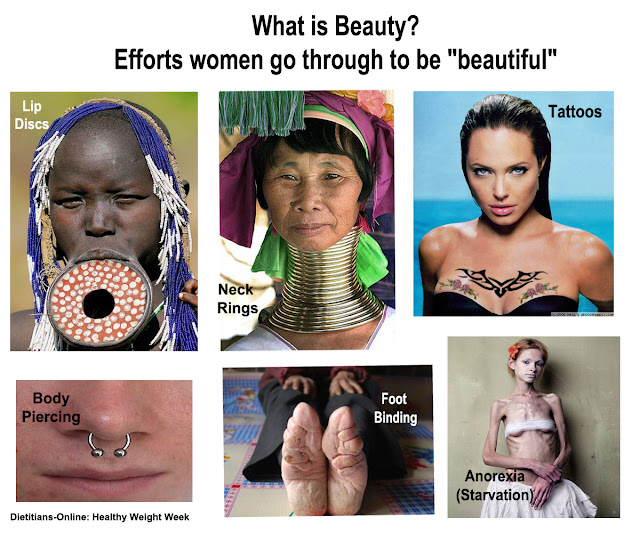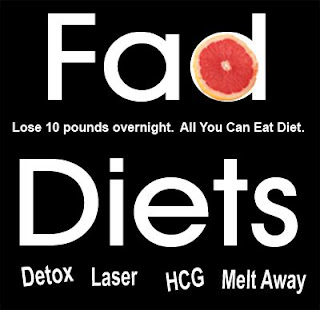Preterm birth rates improved in almost every state between 2006 and 2009, and in several states the change was more than 10 percent. According to the March of Dimes 2011 Premature Birth Report Card the United States earned a C; indicating the USA has a long way to go in reducing our rate of premature birth. At 1 in 8 babies born too soon, our country’s rate is higher than that of most developed nations.
Prevent Birth Defects
National Birth Defects Prevention Month is a time to raise awareness of birth defects and promote healthy pregnancies.
A birth defect is a problem that happens while a baby is developing in the mother’s body. One out of every 33 babies in the United States is born with a birth defect.
Many birth defects can be prevented. If you are pregnant or planning to get pregnant, these tips can help you have a healthy pregnancy and a healthy baby:
* Take a multivitamin with folic acid every day before and during pregnancy.
* See your doctor or midwife regularly as soon as you think you're pregnant and throughout your pregnancy.
* Make sure your vaccinations are up to date.
* Eat well and stay active.
* Avoid alcohol, smoking, and other drug use.
* Prevent infections from food and other sources.
Healthy Lifestyle Choices
Diet and exercise
Eat healthy and exercise regularly. Health problems are linked to weighing too much or too little before and during pregnancy. Your health is affected by what you eat and by your physical activity.
Here are a few important guidelines for healthy eating:
• Eat lots of vegetables, fruits and whole grains such as whole wheat, oats, barley and brown rice. These are excellent sources of the vitamins, minerals and dietary fiber you need every day to feel your best.
• Eat less of the foods that are high in saturated fat and cholesterol, such as meat, poultry and whole milk dairy foods (low-fat dairy is okay). Saturated fat and cholesterol are strongly linked to heart disease, cancer and obesity.
Regular physical activity helps control weight, strengthen your heart, and give you more energy. It also reduces depression and relieves stress. It’s a good idea to exercise at least 3 times a week for at least 30 minutes.
Alcohol and drugs
Drinking alcohol or taking any type of legal or street drugs during the early weeks of pregnancy can hurt your unborn baby. That’s when the brain and other organs are forming.
If you drink alcohol, so does your unborn baby. Alcohol abuse during pregnancy is a leading known cause of mental retardation. If you are considering a pregnancy, it’s best to stop drinking alcohol before you conceive.
Cocaine, crack, heroin, amphetamines and other street drugs can badly hurt your baby if you use them while you are pregnant. Your baby could suffer lifelong health problems. Get help to stop using drugs before you become pregnant and stay clean.
Eat healthy and exercise regularly. Health problems are linked to weighing too much or too little before and during pregnancy. Your health is affected by what you eat and by your physical activity.
Here are a few important guidelines for healthy eating:
• Eat lots of vegetables, fruits and whole grains such as whole wheat, oats, barley and brown rice. These are excellent sources of the vitamins, minerals and dietary fiber you need every day to feel your best.
• Eat less of the foods that are high in saturated fat and cholesterol, such as meat, poultry and whole milk dairy foods (low-fat dairy is okay). Saturated fat and cholesterol are strongly linked to heart disease, cancer and obesity.
Regular physical activity helps control weight, strengthen your heart, and give you more energy. It also reduces depression and relieves stress. It’s a good idea to exercise at least 3 times a week for at least 30 minutes.
Alcohol and drugs
Drinking alcohol or taking any type of legal or street drugs during the early weeks of pregnancy can hurt your unborn baby. That’s when the brain and other organs are forming.
If you drink alcohol, so does your unborn baby. Alcohol abuse during pregnancy is a leading known cause of mental retardation. If you are considering a pregnancy, it’s best to stop drinking alcohol before you conceive.
Cocaine, crack, heroin, amphetamines and other street drugs can badly hurt your baby if you use them while you are pregnant. Your baby could suffer lifelong health problems. Get help to stop using drugs before you become pregnant and stay clean.





















